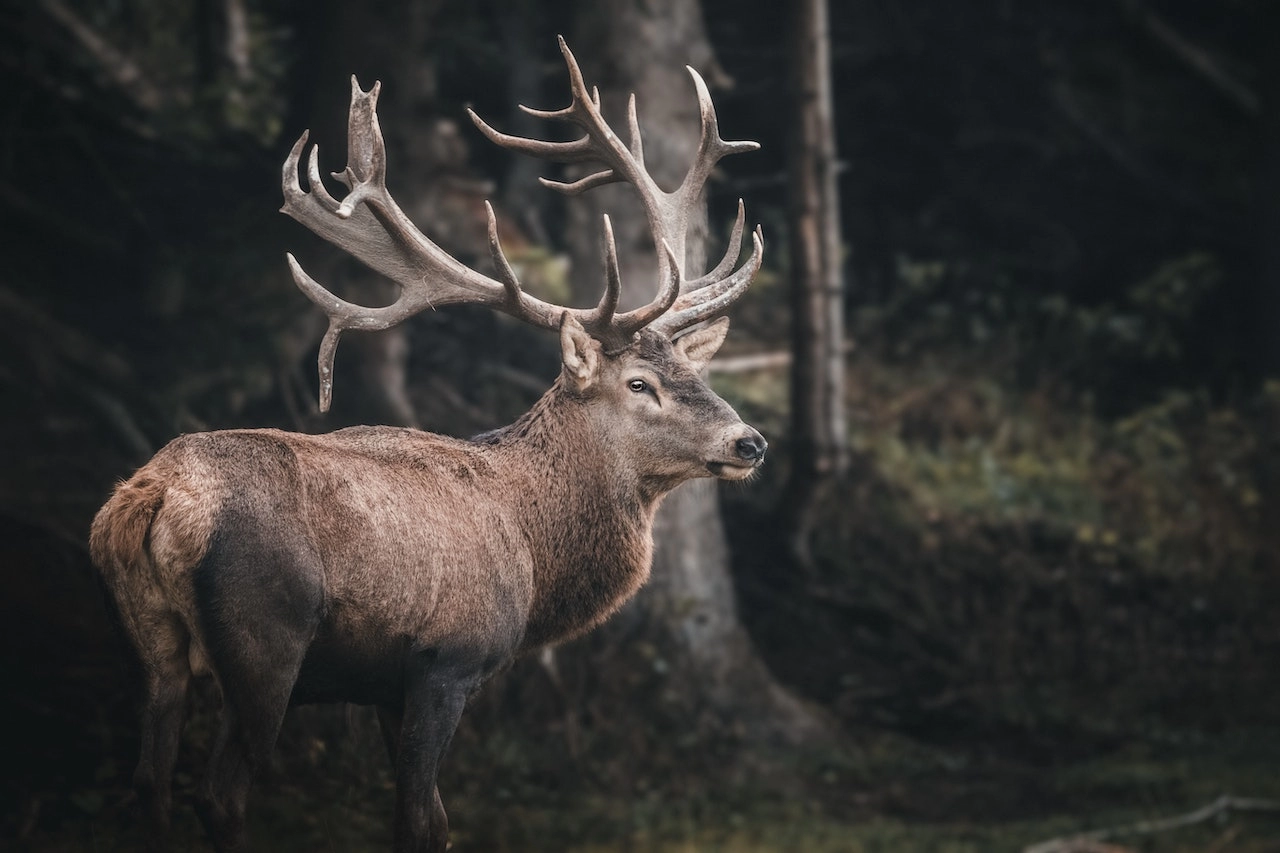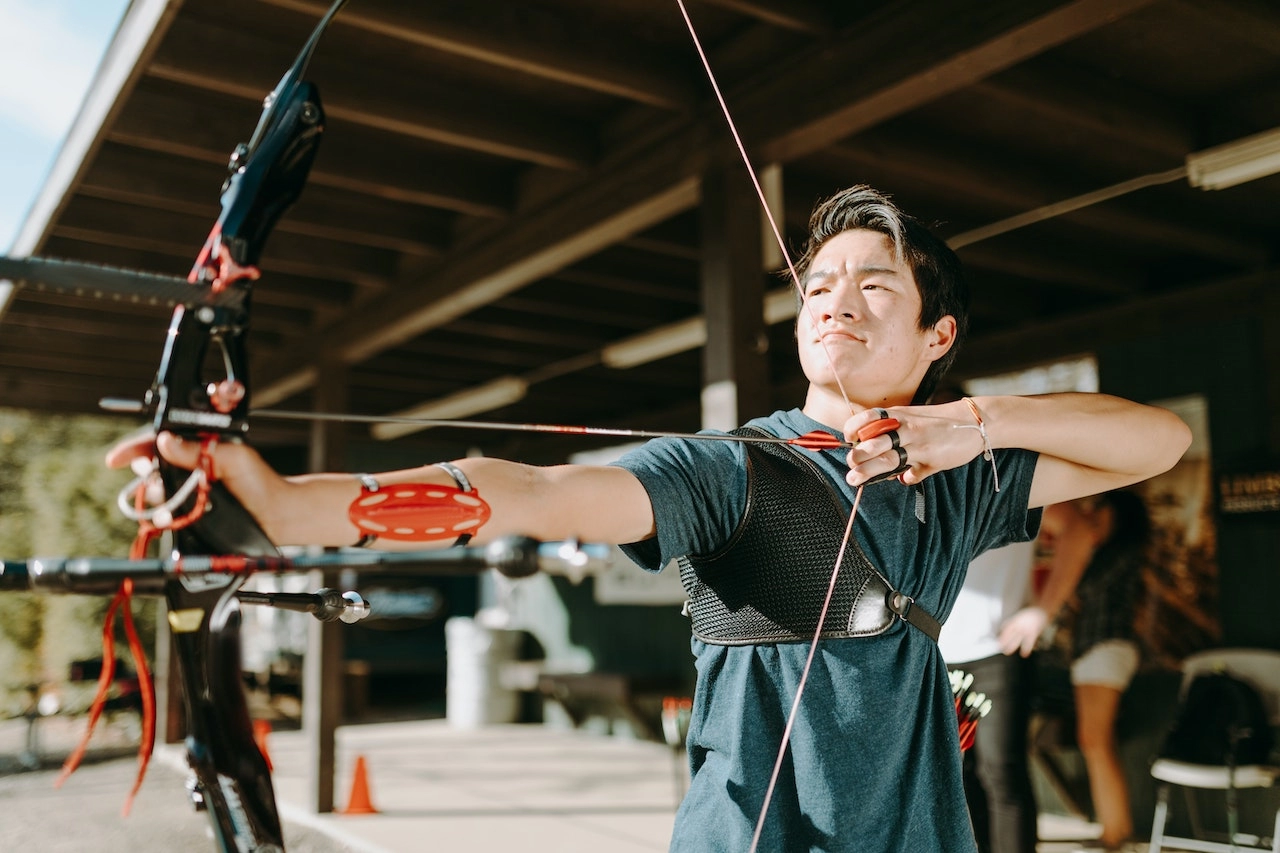Deer hunting can be an exhilarating and rewarding outdoor activity, but for beginners, it can also be quite daunting. To ensure a successful and ethical hunt, it's crucial to equip yourself with the right knowledge and techniques. In this article, we'll provide you with comprehensive deer hunting tips and techniques tailored specifically for beginners. Before heading into the woods, it's essential to understand your prey. Whitetail deer are the most commonly hunted deer species in North America. They are known for their elusive nature and keen senses. Here's a brief overview: Whitetail deer are herbivores that primarily feed on plants, fruits, and acorns. They are crepuscular, meaning they are most active during dawn and dusk. Understanding their feeding patterns and movement can significantly increase your chances of success. Whitetail deer inhabit a variety of environments, from forests to fields and even suburban areas. Knowing their preferred habitat in your hunting area is crucial for planning your hunt. One of the first decisions you'll need to make is selecting your weapon. Options include firearms, bows, and crossbows. Each has its advantages, and your choice should align with your comfort and skill level. Regardless of your chosen weapon, proficiency is key. Regular practice at the range is essential to ensure accuracy and confidence in your shooting abilities. Proper clothing is essential for staying comfortable and concealed. Invest in camouflage gear and consider scent-blocking technology to minimize your scent signature. Before the hunting season begins, scout your hunting area. Look for signs of deer activity such as tracks, droppings, and rubs on trees. This will help you determine the best spots for your hunt. Tree stands and ground blinds are common tools for deer hunting. They provide concealment and elevation advantages. Ensure you are familiar with their setup and safety precautions. For those who prefer a more active approach, stalking can be effective. Move slowly and quietly, paying attention to the wind direction to avoid alerting deer. Deer have an incredible sense of smell. Use scent-control products and hunt with the wind in your favor to reduce the chances of being detected. Aim for a clean and ethical shot. The vital organs to target are the heart and lungs. Practice shot placement to minimize suffering and ensure a quick and humane kill. Decide whether you're hunting for a trophy rack or for meat. This will influence your choice of deer and when to take your shot. Learn how to field dress a deer properly. This skill is essential for preserving the meat and ensuring it remains safe to eat. Consider whether you'll process the deer yourself or take it to a professional butcher. Proper processing is crucial for quality venison. Deer hunting is a challenging but deeply rewarding pursuit. As a beginner, remember that safety and ethics should always be a top priority. By following these tips and techniques, you'll be well on your way to a successful and enjoyable hunting experience. Check your local hunting regulations and obtain the necessary permits before heading out to hunt. Dawn and dusk are typically the most active times for deer, but they can be encountered throughout the day. Use scent-blocking clothing, and scent-eliminating sprays, and hunt with the wind in your favor. Give the deer time to bed down and expire, then follow the blood trail carefully. If in doubt, seek the assistance of experienced hunters. Yes, regulations can vary by location, so ensure you are familiar with the specific rules in your area.Deer Hunting Tips & Techniques for Beginners 2023

Understanding Your Quarry: The Whitetail Deer
Biology and Behavior
Habitat
Essential Gear and Preparation
Choosing the Right Weapon
Practice, Practice, Practice
Dressing for Success
Scouting
In the Field: Hunting Techniques
Stand Hunting
Stalking
Scent Control

Ethical Considerations
Shot Placement
Trophy vs. Meat Hunting
After the Hunt
Field Dressing
Processing
Conclusion
FAQs
1. Is deer hunting legal in my area?
2. What is the best time of day to hunt deer?
3. How can I minimize my scent while hunting?
4. What should I do if I wound a deer but can't find it?
5. Are there any specific regulations regarding the use of firearms or bows for deer hunting?